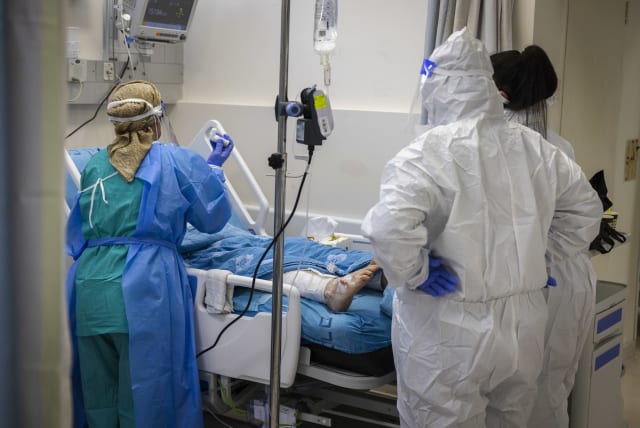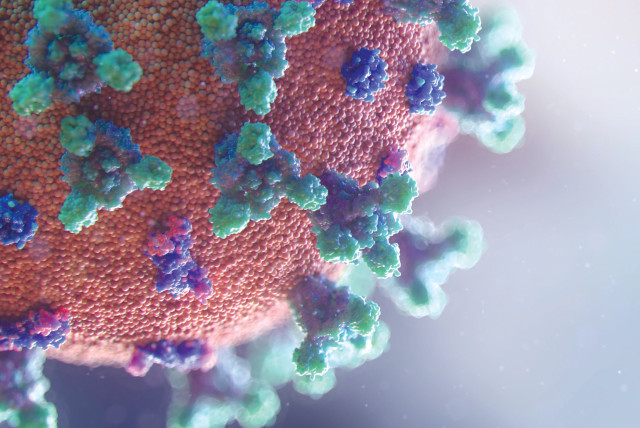WHO experts to weigh whether world ready to end COVID emergency

Since giving its initial high alert for COVID in January 2020, a panel of experts have continued to examine the prominence of the crisis.
A panel of global health experts will meet on Thursday to decide if COVID-19 is still an emergency under the World Health Organization's rules, a status that helps maintain international focus on the pandemic.
The WHO first gave COVID its highest level of alert on Jan. 30, 2020, and the panel has continued to apply the label ever since, at meetings held every three months.
However, a number of countries, such as the United States, have recently begun lifting their domestic states of emergency. WHO Director-General Dr. Tedros Adhanom Ghebreyesus has said he hopes to end the international emergency this year.
A final decision by Tedros based on the panel's advice is expected in the coming days. There is no consensus yet on which way the panel may rule, advisors to the WHO and external experts told Reuters.
"It is possible that the emergency may end, but it is critical to communicate that COVID remains a complex public health challenge," said Professor Marion Koopmans, a Dutch virologist who is on the WHO panel. She declined to speculate further ahead of the discussions, which are confidential.
Lifting global health concerns
One source close to negotiations said lifting the "public health emergency of international concern," or PHEIC, label could impact global funding or collaboration efforts. Another said that the unpredictability of the virus made it hard to call at this stage. Others said it was time to move to living with COVID as an ongoing health threat, like HIV or tuberculosis.
"All emergencies must come to an end," said Lawrence Gostin, a law professor at Georgetown University in the United States who follows the WHO.
"I expect WHO to end the public health emergency of international concern. If WHO does not end it... [this time], then certainly the next time the emergency committee meets."
Dr. Jarbas Barbosa, director of the Pan American Health Organization (PAHO), said he was concerned that a change in status would lead to complacency, with weaker surveillance and falling vaccination levels.
"(The PHEIC) does not bring any kind any harm for countries but at the same time it keeps their attention," he told journalists.
Jerusalem Post Store
`; document.getElementById("linkPremium").innerHTML = cont; var divWithLink = document.getElementById("premium-link"); if (divWithLink !== null && divWithLink !== 'undefined') { divWithLink.style.border = "solid 1px #cb0f3e"; divWithLink.style.textAlign = "center"; divWithLink.style.marginBottom = "15px"; divWithLink.style.marginTop = "15px"; divWithLink.style.width = "100%"; divWithLink.style.backgroundColor = "#122952"; divWithLink.style.color = "#ffffff"; divWithLink.style.lineHeight = "1.5"; } } (function (v, i) { });

